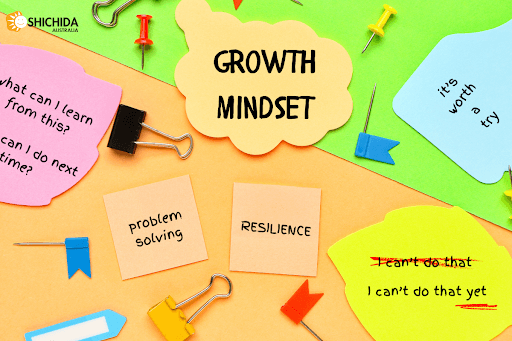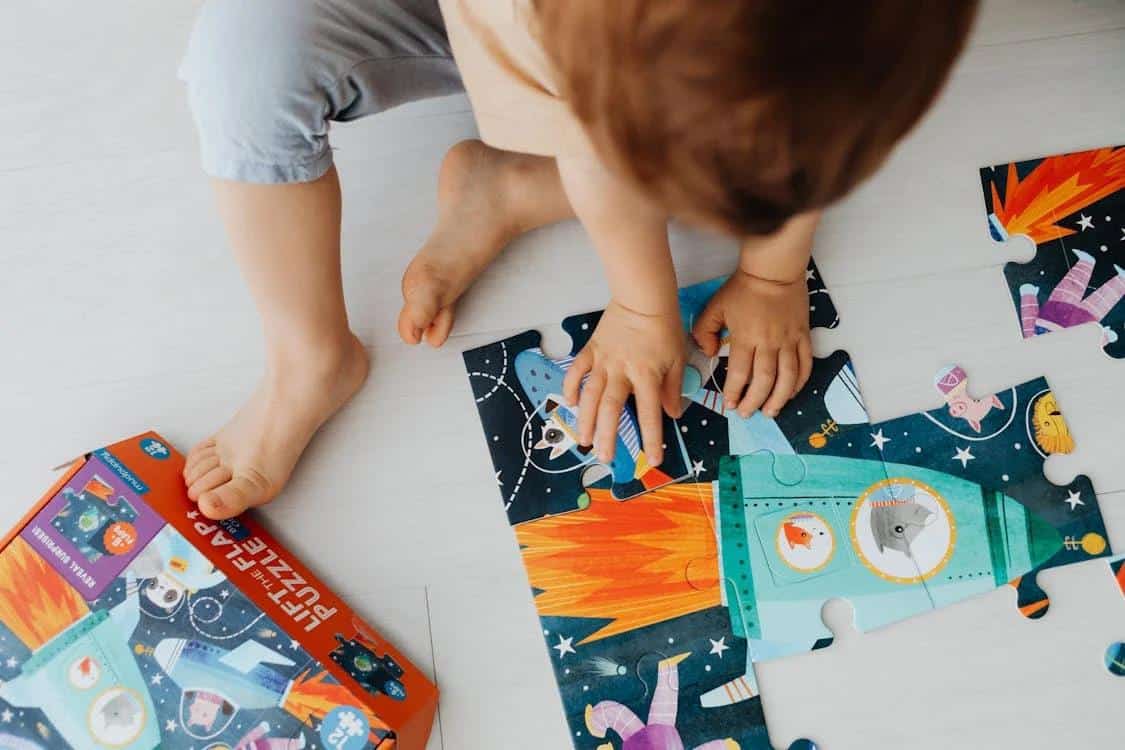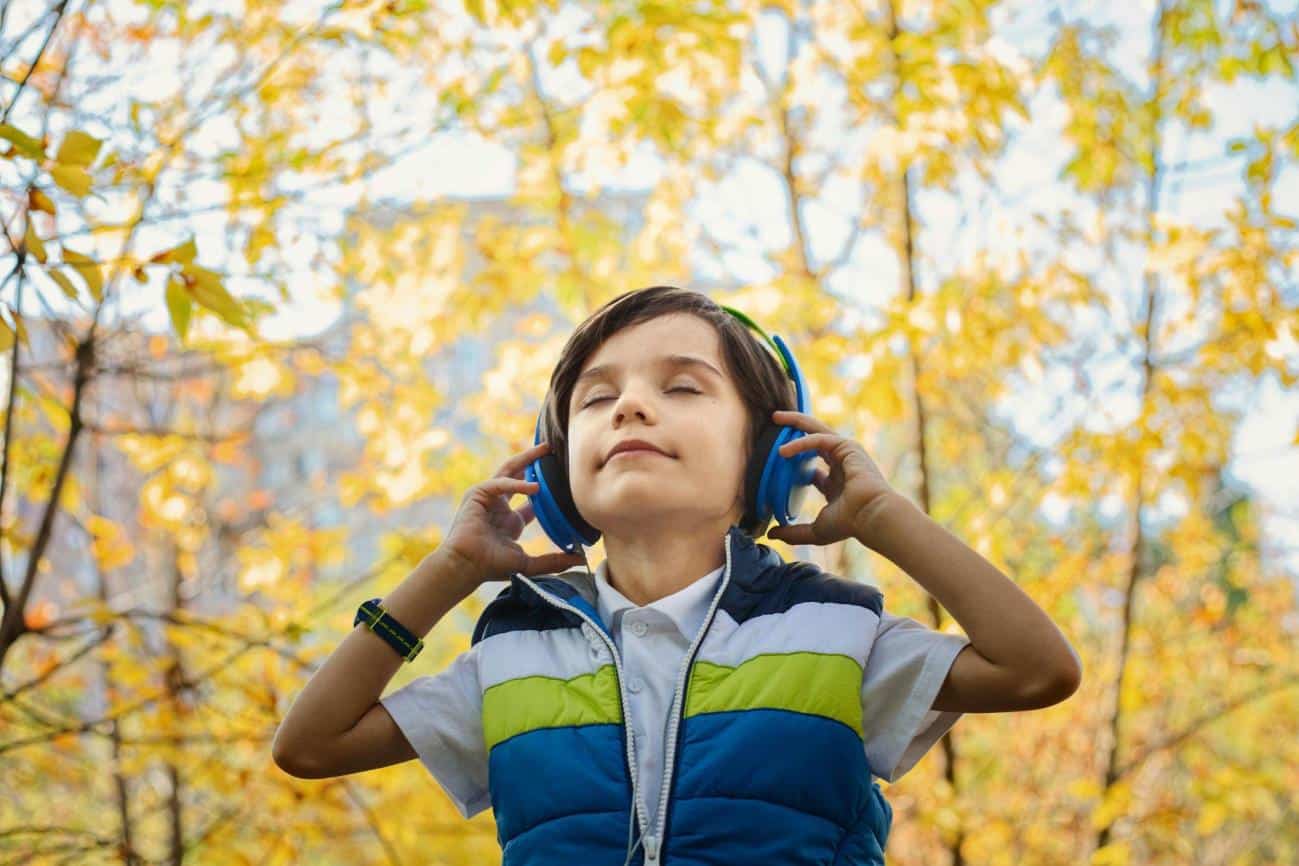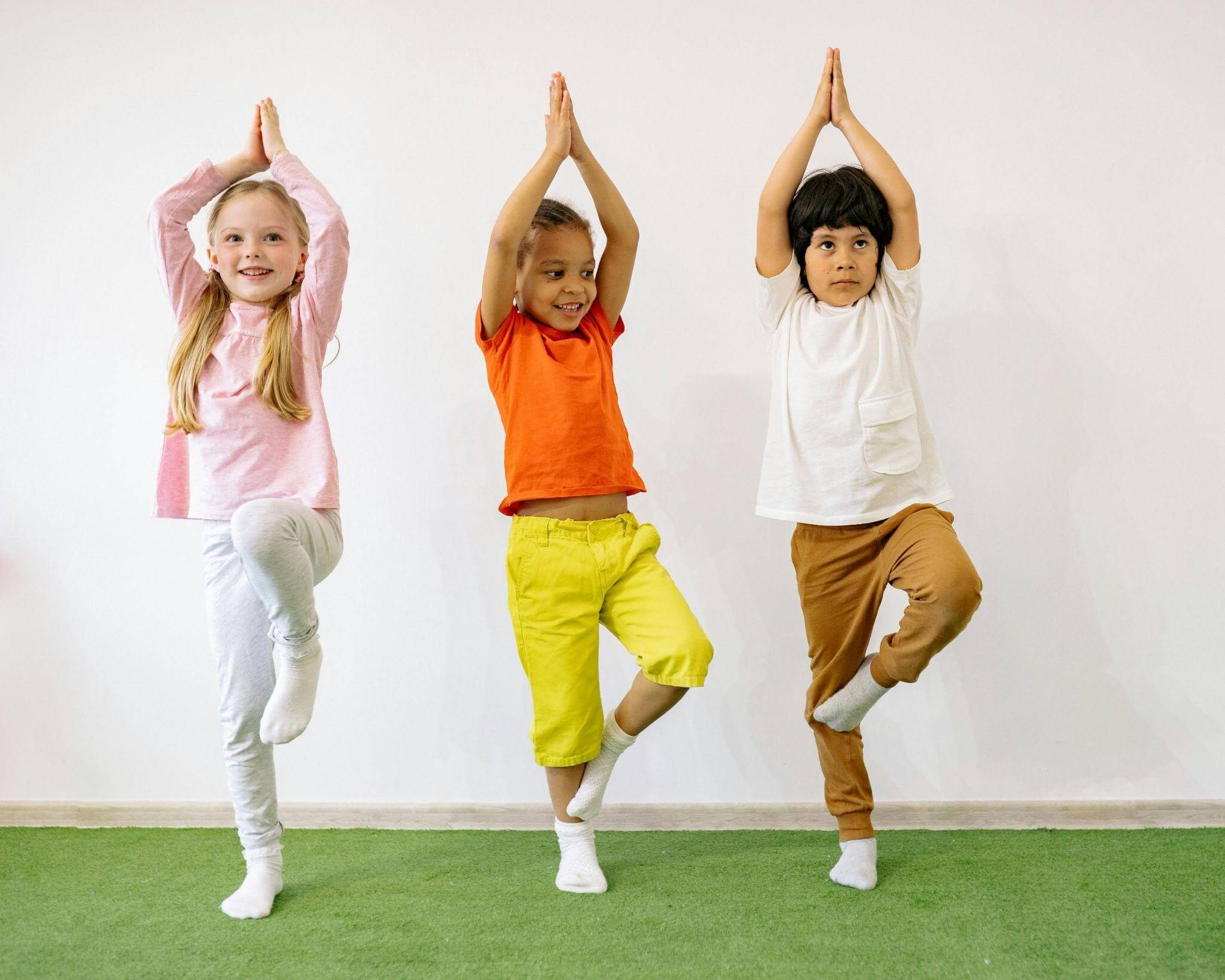
Cultivating a Growth Mindset
Is there a key to enhancing your child’s learning, resilience, and creativity? Yes! It’s all about nurturing a certain mindset – we’re talking about cultivating a growth mindset. In the journey of early learning, understanding and fostering this mindset is like giving your child a super start in life.
What exactly is a growth mindset? Why is cultivating a growth mindset in kids important? It’s the belief that our talents and capabilities can develop over time with effort, practice, and perseverance. It’s the difference between a child saying “I can’t do it” and “I can’t do it yet.”
In contrast, a closed, or fixed mindset, is the idea that our abilities are set in stone – that we’re born with a certain amount of intelligence or talent, and there’s not much we can do to change that. It’s a viewpoint that sees challenges as threats and mistakes as a reflection of incapability.
The key difference between a ‘growth’ vs ‘closed’ mindset is how kids approach learning and obstacles. With a growth mindset, there’s a resilient belief that effort and hard work can lead to improvement and success. On the other hand, a closed mindset often results in avoiding challenges and feeling limited by perceived natural abilities.
A foundation for enhanced problem-solving skills
Cultivating a growth mindset in kids lays a foundation for enhanced problem-solving skills, greater resilience in the face of challenges, and a deeper love for learning and discovery. Here are some of the key benefits:
- Enhanced learning: Kids with a growth mindset understand that their skills can grow with effort. They’re more likely to embrace challenging tasks, leading to greater learning opportunities and intellectual development.
- Increased resilience: Challenges don’t discourage kids with a growth mindset; instead, they energise them. These children are more likely to persevere in the face of setbacks, viewing difficulties as opportunities to learn rather than insurmountable obstacles.
- Better problem-solving skills: A growth mindset encourages creative problem-solving. Kids learn to look at problems from different angles and are more open to finding innovative solutions.
- Higher achievement: Students with a growth mindset are more likely to achieve academic success because they’re motivated to put in the effort and practise necessary to succeed.
- Improved self-esteem and confidence: When kids see themselves as capable learners who can improve, their self-esteem and confidence soar. They’re more willing to take risks and try new things, knowing that effort leads to growth.

Cultivating a Growth Mindset – Help for Parents
Understanding if a child has a growth or fixed mindset can really help parents in guiding and cheering them on.
Kids with a growth mindset are usually the curious types, always ready to learn something new. They don’t get too down when things get tough; instead, they see hard times as chances to get smarter and stronger.
They’re pretty cool with making mistakes, knowing they can learn from them, and they listen to advice on how to do better next time. These kids also feel happy for their friends when they do well and like to think outside the box to solve problems.
On the flip side, kids with a fixed mindset might hold back from trying stuff they’re not sure about, preferring to stick to what they know they’re good at. If they hit a rough patch or don’t get something right away, they can get pretty upset.
These kids might not see the point in putting a lot of effort into something if they don’t think they’re naturally good at it. They can get a bit touchy about feedback, sometimes taking it to heart instead of as help. And sometimes, they might feel jealous or uncomfortable if their friends do really well. It’s key to remember that kids can show signs of both mindsets, depending on the situation.
The goal for parents is to help them lean more towards cultivating the growth mindset while understanding and working through the fixed mindset moments.
These examples reflect the different approaches children with growth and fixed mindsets might take in everyday situations, highlighting how a growth mindset can encourage resilience, curiosity, and a willingness to learn from challenges.
Growth vs fixed mindset examples in young children
Learning to tie shoes
Growth Mindset: Despite struggling with shoelaces, shows persistence and keeps trying, feeling determined to learn with practice.
Fixed Mindset: Quickly becomes frustrated with the difficulty and prefers to avoid shoes with laces, feeling that they just can’t learn this skill.
Drawing or colouring
Growth Mindset: When a drawing doesn’t turn out as expected, the child takes it in stride, ready to try again, believing that they are still learning and improving.
Fixed Mindset: Feels discouraged by their drawing, leading them to hesitate before drawing again, as they feel they’re not good at it.
Trying new foods
Growth Mindset: Though hesitant about new foods, is willing to try, open to the possibility of liking something new.
Fixed Mindset: Resists trying new foods, convinced they won’t like anything different from what they already know.
Playing with building blocks
Growth Mindset: After a block tower collapses, the child starts to rebuild, seeing it as a chance to try a different, potentially better approach.
Fixed Mindset: Feels upset and discouraged when their tower falls, leading them to give up, feeling they lack skill in building.
Meeting new playmates
Growth Mindset: Feels shy but still makes an effort to join in with new playmates, hopeful about making new friends.
Fixed Mindset: Feeling too shy, keeps to themselves, convinced that making new friends is too difficult for them.
Growth vs Fixed Mindset Examples in Older Children
Dealing with difficult homework
Growth Mindset: Remains determined when struggling with a maths problem and seeks different strategies or help.
Fixed Mindset: Gives up quickly on the same maths problem, feeling defeated.
Learning a new sport
Growth Mindset: Misses shots in tennis but maintains a positive attitude and the desire to practise.
Fixed Mindset: Gets discouraged by missed shots in tennis and decides to quit.
Receiving feedback
Growth Mindset: Views constructive criticism on a school project as an opportunity to improve.
Fixed Mindset: Becomes defensive and upset by similar feedback, feeling like a failure.
Trying new activities
Growth Mindset: Enthusiastic about trying a new art class, seeing it as a fun learning opportunity.
Fixed Mindset: Hesitates to try new activities, fearing embarrassment or failure.
Facing peer comparison
Growth Mindset: Sees a classmate’s success as a motivator and seeks to learn from them.
Fixed Mindset: Feels jealous and inferior when a classmate performs better.

Cultivating a growth mindset in children at different stages of their development is crucial for fostering resilience, adaptability, and a love for learning. Here’s how you can nurture this mindset in toddlers, preschoolers, kindergarteners, and primary school children:
Toddlers
For toddlers, it’s about building the foundation for curiosity and resilience.
- Encourage curiosity: Ask open-ended questions about their environment to spark interest and exploration.
- Praise effort: Celebrate their attempts and efforts, not just successes.
- Introduce new challenges: Offer age-appropriate puzzles and games that promote problem-solving.
Preschool
At this stage, it’s about nurturing confidence and a positive attitude towards learning and challenges.
- Model positive self-talk: Use language that reflects growth and learning from mistakes.
- Encourage independence: Encourage them to try tasks on their own and offer support when needed.
- Storytelling: Share stories that emphasise perseverance and trying new things.
Kindergarten
Kindergarteners are developing social and academic skills; a growth mindset helps them embrace learning.
- Encourage questions: Invite them to ask questions and think critically about the world around them.
- Teach the power of ‘Yet’: Help them understand that not being able to do something ‘yet’ doesn’t mean they won’t ever be able to.
- Celebrate learning, not just winning: Focus on the joy of learning rather than just outcomes.
Primary School
As academic and social pressures increase, a growth mindset can help children face challenges confidently.
- Set goals: Encourage them to set and work towards personal and academic goals.
- Feedback and reflection: Teach them to see feedback as a tool for improvement and encourage self-reflection.
- Promote different learning styles: Help them discover their unique way of learning and exploring subjects.
- Challenge negative beliefs: Discuss any self-limiting beliefs and reframe them in a growth-oriented way.
- Encourage perseverance: Support them in persisting with difficult tasks, highlighting the satisfaction of overcoming challenges.
- Mindfulness practices: Introduce mindfulness to help them manage stress and develop self-awareness.
Growth mindset takes time
Cultivating a growth mindset is like planting a seed that blossoms into a love for learning, resilience, and self-belief.
At the heart of Shichida’s methodology is a focus on mindfulness, observation, and targeted activities that play a critical role in building mental resilience in children. Our program teaches them to be present, attentive, and adaptable. These are essential qualities for facing life’s challenges with a calm and focused mindset. We emphasise the importance of being in the moment, encouraging children to fully engage with their learning experiences.
Our classes and activities are carefully designed to stretch young minds in a nurturing and enjoyable environment where challenges are viewed as opportunities for learning and development, ingraining the belief that hurdles are pathways for growth rather than hindrances to progress.
We believe in the power of ‘yet’ – a child might not be able to do something now, but with practice and encouragement, they’ll get there. This belief is at the core of our teaching, shaping resilient, confident, and joyful learners.
Book a trial class at a Shichida early learning centre today!


